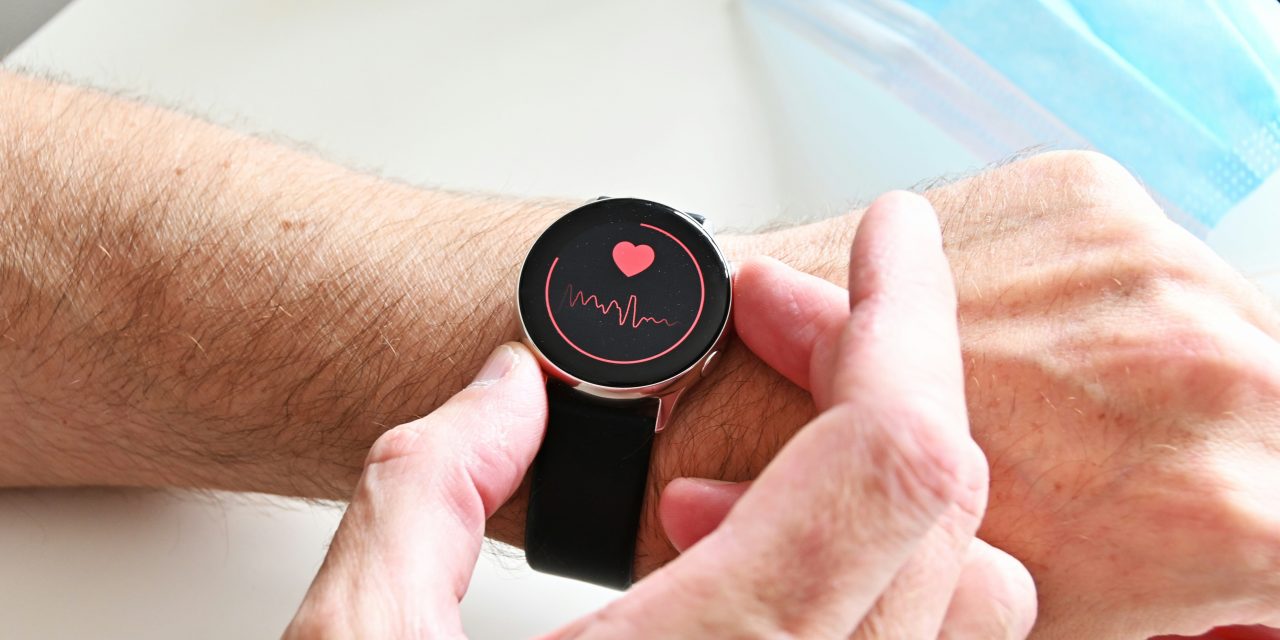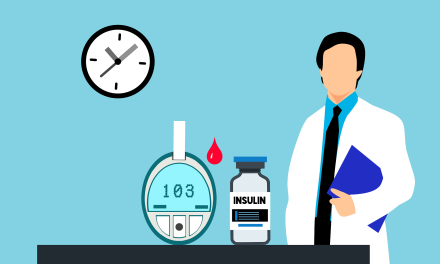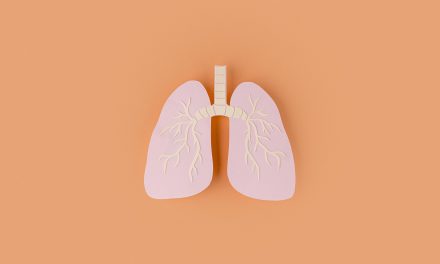An irregular heartbeat can be just a harmless glitch or a sign of a more serious issue
We’ve all felt our hearts flutter or skip a beat at some point. Typically, it would be general nervousness, excitement, or a rush of adrenaline. However, these little heart hiccups could also be signs of a heart rhythm disorder, known medically as arrhythmia.
Quick Read:
- Heart rhythm disorders can vary widely – some are just harmless flutters, while others may need medical attention.
- The most common types include atrial fibrillation (AFib), bradycardia (slow heart rate), and tachycardia (fast heart rate).
- Understanding what causes them, recognising the symptoms, and knowing your treatment options can help you keep your heart in good shape.
Understanding arrhythmia
Arrhythmia is a problem with the way your heart beats. It can mean your heart is beating too fast (tachycardia), too slow (bradycardia), or in an irregular pattern (like a flutter or fibrillation). Normally, your heart has a natural pacemaker – a small area of cells called the sinoatrial node – that sends electrical signals to keep your heartbeat steady. But if these signals get mixed up or the heart muscle is weak, your heart rhythm can become irregular.
Common types of arrhythmia
- Bradycardia: A slow heartbeat, usually fewer than 60 beats per minute.
- Tachycardia: A fast heartbeat, typically more than 100 beats per minute.
- Fibrillation: Rapid, irregular heartbeats that can affect the upper (atria) or lower (ventricles) chambers of the heart.
- Premature contractions: Early heartbeats that may feel like a “skipped” beat, but are actually an extra beat followed by a slight pause.
What causes arrhythmia?
Your heart’s electrical signals can get thrown off by a lot of things. Heart problems like past heart attacks, blocked arteries, or changes to the heart muscle can mess with these signals. Thyroid issues – whether your thyroid is overactive or underactive – can also affect your heart rate. Plus, low levels of important minerals like potassium, calcium, or magnesium can make your heart beat irregularly. Even stress, smoking, too much caffeine or alcohol, and some medications can trigger these problems.
Other health issues like diabetes, high blood pressure, anaemia, or sleep apnoea can put you at a higher risk too. And if irregular heartbeats run in your family, you might have a higher chance of developing them. Some studies have even looked at whether long-term exposure to radio waves or WiFi could be a factor, but that’s still being researched.
Arrhythmia symptoms can vary widely, from mild to severe, and may include:
- A fluttering sensation or rapid heartbeat (palpitations)
- Chest pain or discomfort
- Shortness of breath
- Dizziness or lightheadedness
- Sweating
- Fainting or feeling like you might faint
If you experience these symptoms frequently or if they’re accompanied by chest pain or difficulty breathing, you should see a doctor as soon as possible.

Help at hand
It’s normal to have the occasional heart flutter or skipped beat, and in many cases, these are harmless. However, if your symptoms are frequent or severe, or if you have risk factors like high blood pressure, diabetes, or a family history of heart disease, it’s a good idea to get a health check. Please always get medical help if you experience persistent chest pain, shortness of breath, sudden dizziness, or fainting episodes.
Treatment options for arrhythmia
The right treatment for arrhythmia depends on the type and severity of the condition. Sometimes, simple lifestyle changes can make a big difference. This includes managing stress, quitting smoking, and cutting back on caffeine and alcohol. Regular exercise is also great for strengthening your heart.
For some people, medication might be necessary. This may include beta-blockers, anti-arrhythmic drugs, or blood thinners to control your heart rate and reduce the risk of blood clots.
Protecting your heart for the long run
The best way to reduce your risk of arrhythmia is to maintain a heart-healthy lifestyle. This includes eating a balanced diet that’s low in saturated fats, salt, and refined sugar, getting at least 30 minutes of exercise most days of the week, and managing stress through mindfulness or regular physical activity. It’s also important to keep your blood pressure, cholesterol, and blood sugar levels in check.
While not all arrhythmias are life-threatening, ignoring the warning signs can increase your risk for heart disease, stroke, and other serious complications. Takeaway – it’s always a good idea to take your heart health seriously.
Images: Unsplash















